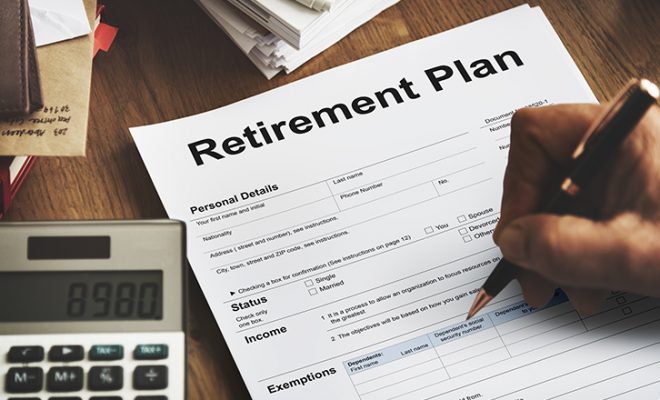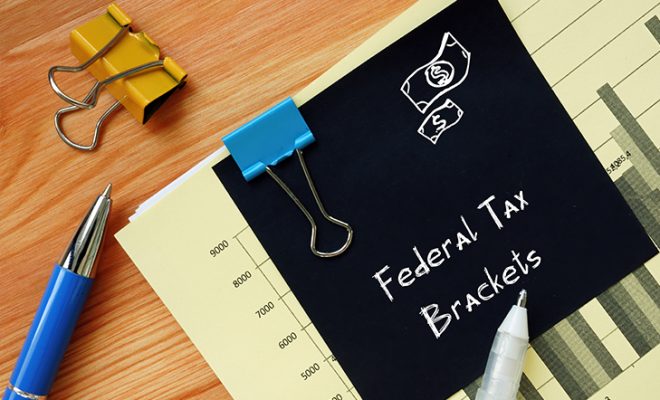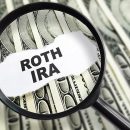Important Retirement Spending Tips That You Must Know

Stepping into retirement can seem exciting, as it marks the beginning of a golden period when you can think of an afternoon nap on a weekday or plan an impromptu midweek road trip with friends and family. Unlike the older generations, retirees today dream of an eventful and adventurous life even after hanging up their boots. But to make this a reality, one needs careful financial planning and strategizing.
Methodical and prudent financial planning, from an early stage in your career, can help you save money for retirement. But it is equally necessary to prioritize your expenses during retirement. If not, your golden period can soon turn nightmarish.
The concern that you might just run out of money can take a heavy mental and physical toll on you. Here are a few reasons why your expenses can overshoot your expectations.
- Rising life expectancy
- Increasing medical costs
- Rising inflation
- Falling interest rates
However, the following tips can help you spend your money wisely while you enjoy your retirement to the fullest.
Have a plan and budget for your spending
Many retirees don’t think of planning and budgeting as something they would need in retirement. But, in reality, this is the time when you require it the most. Budgeting not only helps you to set aside money for the concerned expenditure but also helps you realize what you can afford. Spontaneous spending or exceeding your budget during the initial years of retirement can significantly enhance the risk of running out of money during the later years. However, with a well-crafted plan, you can create a sustainable retirement portfolio with which you can achieve your spending goals while living a comfortable retirement life.
Control your overhead expenses
Cutting back on avoidable overhead costs can go a long way in making your retirement reserve last longer. Without a secondary source of income other than your savings, it becomes extremely necessary to ensure that you do not overspend from your retirement corpus. Every retirement decision must be taken only after carefully analyzing its future implications. For instance, buying a big house is not just a onetime cost. It also means that you may have to spend more on utilities and repairs over the years.
Practice healthy habits
The money you accumulate for your retirement can only come to good use when you are physically and mentally fit and healthy. Healthcare costs are the primary source of expenditure for retirees. While insurance and Medicare can help you deal with these expenses, it is also important to take precautionary measures from your end. Regular exercise and healthy eating habits can safeguard you from some chronic health conditions such as diabetes, high blood pressure, arthritis, and high cholesterol, among others. Periodic health checkups can help you stay fit while saving on healthcare expenses and allowing you to enjoy your retirement.
Plan judiciously for Social Security benefits
Social Security Benefits certainly provide retirees with the much-needed financial cushion. However, it is extremely crucial to understand the implications that Social Security can have on your income and tax liability. This is because while these benefits can help you during the initial years, it is during the later stages that you run a risk of running out of money.
Delaying Social Security till the age of 70 can increase your overall benefits by 8% for each year that you delay claiming them. With an increased life expectancy rate and high inflation, the timing of Social Security Benefits can be very critical.
Take tax planning seriously
Just like you plan for taxes during your working days, you need to do the same in retirement as well. Taxes can eat away a major part of your hard-earned savings. Here are a few things that you should do:
- Figure out your tax bracket and the tax rate
- Pay taxes quarterly to have a better understanding of the tax charges
- Be flexible in terms of distributing your savings in different investment buckets like a traditional tax-deferred account or IRA
Both overestimating and underestimating tax can create significant problems, so it is advisable to seek professional help as tax planning during this phase can be both complex and crucial.
Prepare a sustainable retirement investment plan
To make your money work harder than you, especially during retirement, you need to have a sound and sustainable investment portfolio. Having an all bases-covered portfolio would ensure that your money is working actively to grow your retirement reserve.
It is important to understand the risks and returns involved in your investment plan. For example, parking all your money in the banks may seem like a safe option but the returns can be minimal and inadequate to cover inflation. You must try to hit the right balance between the risk-return ratios.
Plan your monthly withdrawals
Required minimum distributions (RMD) and monthly withdrawals from other savings tools can affect your tax liability. Retirement accounts have stipulated rules and penalties concerning withdrawals. You must keep yourself up to date about government regulations on withdrawals and taxation and carefully plan your distributions so you do not end up losing your hard-earned money to taxes and penalties.
Use your credit cards efficiently
Credits cards do come with many advantages and attractive offers in the face of air miles and cashback rewards. However, carrying debt may not mean the same in retirement as it does when you are working. Credit card interests can interfere with your retirement budget and goals. Make sure you develop a healthy relationship with your credit card and do not feel burdened by its debt.
To sum it up
Retirement can be fun and exciting. But, it only possible when you strike the right balance between your savings, investment, and expenses. It is advisable to effectively utilize the available time and do thorough research before committing to any major expenses in retirement. Spending sensibly can help you save on undesired expenses and avoid financial anxiety.
If you need professional assistance for retirement investment and tax planning, you can get guidance from Financial Advisor on how to financially safeguard your retirement years.










